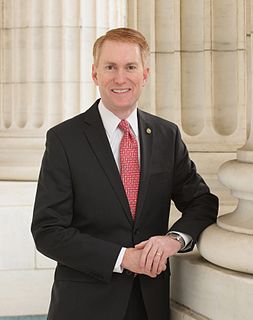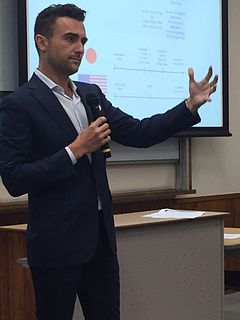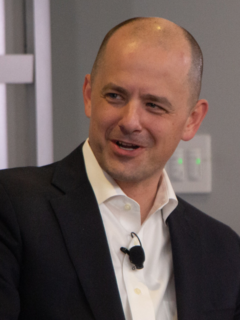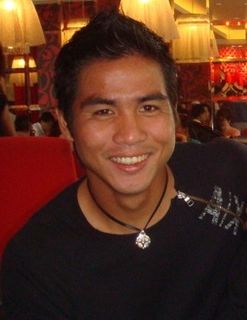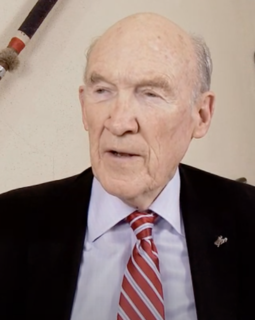A Quote by James Lankford
We have a very structured process for taking in refugees. It takes almost two years to transition from another country into the United States through the refugee process.
Related Quotes
The United States has already experienced the danger of flawed refugee vetting as well as the potential for refugees to be radicalized once they are here. In 2011, two Iraqi refugees were arrested in Kentucky for conspiracy to kill U.S. nationals abroad in support of al-Qaeda in Iraq, the predecessor to ISIL.
Some have argued that the President is required to get permission from a federal court before taking action against a United States citizen who is a senior operational leader of al Qaeda or associated forces. This is simply not accurate. 'Due process' and 'judicial process' are not one and the same, particularly when it comes to national security. The Constitution guarantees due process, not judicial process.
President Obama has argued there isn't a threat of terrorism from the U.S. refugee program because for individuals who apply it takes two years, 'heavy vetting' and is a relatively long process. It doesn't matter. Jihad is patient, and as ISIS has pledged, it will do whatever it takes to get the job done.
Our process inside the United States government has gotten much better at making sure we touch all possible source of information about a refugee. The interview process has gotten more robust, so we've gotten our act together in that respect. The challenge remains, especially with respect to folks coming from Syria, we're unlikely to have anything in our holdings. That is, with people coming from Iraq, the United States government was there for a very long period of time. We had biometrics, we had source information. We're unlikely to have that kind of picture about someone coming from Syria.
Refugees, especially in their early years, are still caught up in the experience that made them refugees. And they're much more melancholic. They're much more oriented towards the past and towards the country of origin. That can make the process of becoming a part of the new country much more fraught for them.
We have to create a process which has legitimacy for the people of Syria. And we have to have a process where the Russians and the Iranians and the neighbors - all of them, Saudis, Turks, Qataris, a very complicated brew - that you have to bring them together and they can find agreement. That's the fundamental premise of the Geneva Communique that you will have, by mutual consent, a process of transition.
By the end of the 1960s, the United States owned more than half of the Indian rupee money supply, and that had been acquired through food aid. So I think it's very interesting to see the very long history of how sovereignty and food go together. When some countries remove another country's ability to feed itself, it is a very powerful tool. Imperialist countries, like the United Kingdom, like the United States, have used it for centuries.
Naturalization is the process by which a citizen, or subject of a foreign nation or kingdom, is made a citizen of the United States. It is evident that the Constitutional Convention thought that it was important that this process should be placed under the exclusive control of the Federal Government and not of the States.
So let us take our fair share of the true refugees and act responsible as a government in providing for their necessary expenses. Let us stop skewing the whole process by taking some folks who are not truly refugees in order simply to meet our foreign policy needs or domestic policy demands. There has to be a better way to meet those needs and demands than we are doing now. I think it is embarrassing to all of us who truly know the mission of the Refugee Act.
